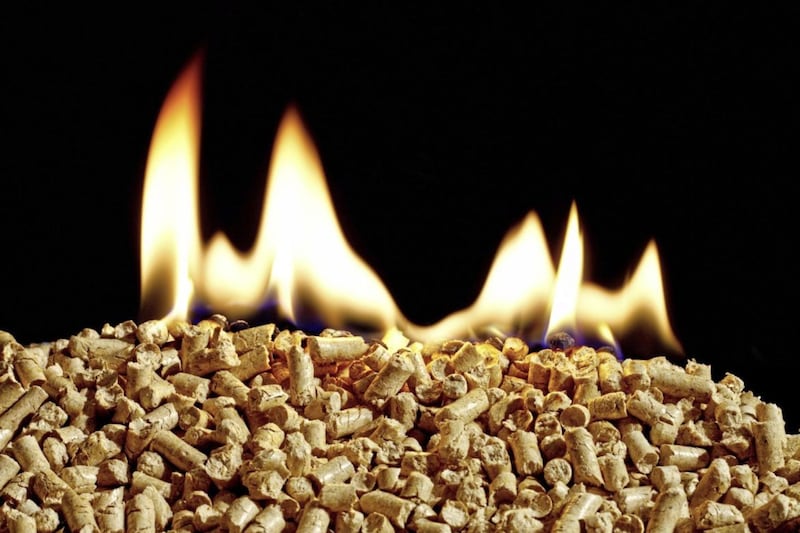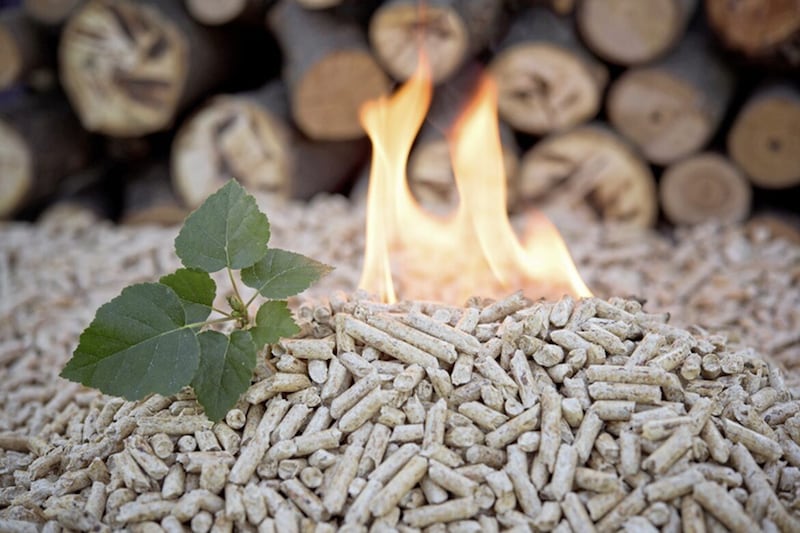SCORES of applicants to the scandal-hit Renewable Heat Incentive scheme are running boilers round the clock.
The number of hours per week each of the claimants operate their installations is revealed in detailed records obtained by The Irish News.
One in 10 fire up their boilers for between 145 and 168 hours a week – the equivalent of running them for between six and seven days non-stop.
In total, 76 of the installations that applied to the scheme are listed as running 24/7.
Each could typically attract more than £1m in taxpayer subsidies over the botched green energy scheme's 20-year lifespan.
On average applicants operate their biomass boilers for almost 84 hours a week – the same as running them round the clock for three-and-a-half days.
The statistics – uncovered in a freedom of information request to energy regulator Ofgem – also reveal the scale of heat energy being generated by each installation.
One applicant running boilers 24/7 under the RHI scheme has a combined capacity of 630 kilowatt thermal (kWth) – the equivalent of them having about six 99kw boilers.
Most claimants appear to have one boiler as the average capacity per installation is around 105kWth.
Eight applied to the scheme to each run a capacity of 999kWth, although these are thought to be single high-capacity systems rather than multiple smaller boilers.
The figures for each installation's energy capacity and average hours of operation come from a recent statistical report sent by Ofgem to the Department for the Economy.
Ofgem, which administers the north's non-domestic RHI scheme, provides the department with weekly reports outlining details including application numbers and their status.
According to the statistics, of the more than 2,000 installation applications, 35 have been rejected or cancelled while more than 100 are 'in review'.
It's thought that wood-drying businesses and other industrial processes would be among the types of applicants seeking round-the-clock heat.
Poultry farmers may also be using significant levels of heat, although their boilers may not been needed 24/7 for their business.
Farming accounts the vast majority of claimants, with almost 55 per cent involved in 'crop and animal production, hunting and related service activities'.
A public inquiry has been launched into the RHI scandal, as the fall-out has led to the collapse of Stormont's institutions and the calling of a snap election.
The state-funded initiative was supposed to encourage the use of renewable sources of heat such as wood pellets.
But businesses have instead been receiving more in subsidies than they are paying for renewable fuel – allowing claimants to get free heat and make a profit while doing so.
The scheme is set to run £490m over budget and has been engulfed in claims of abuse including a farmer allegedly set to pocket around £1m over the next 20 years for heating an empty shed.








